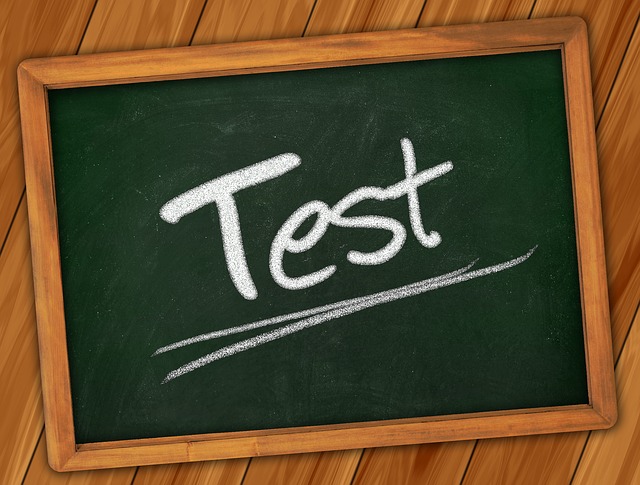If you’ve signed up for the SAT, you’ve probably heard that you need an SAT admission ticket to get in on test day. The College Board makes a big deal about these tickets, and it can be stressful to figure out how to input all your information, get the right picture, and find a way to print the ticket.
Don’t worry! This guide will walk you through exactly what the admission ticket is, how to print it out, and what to do if you lose it.
























